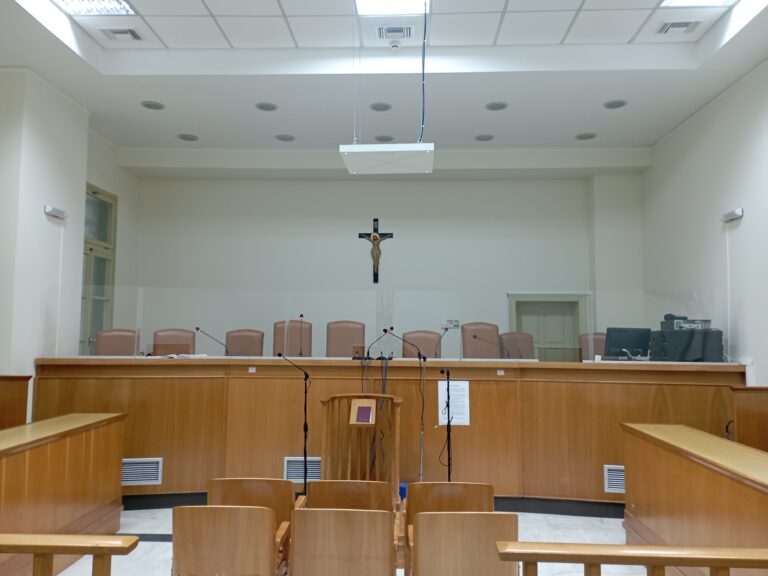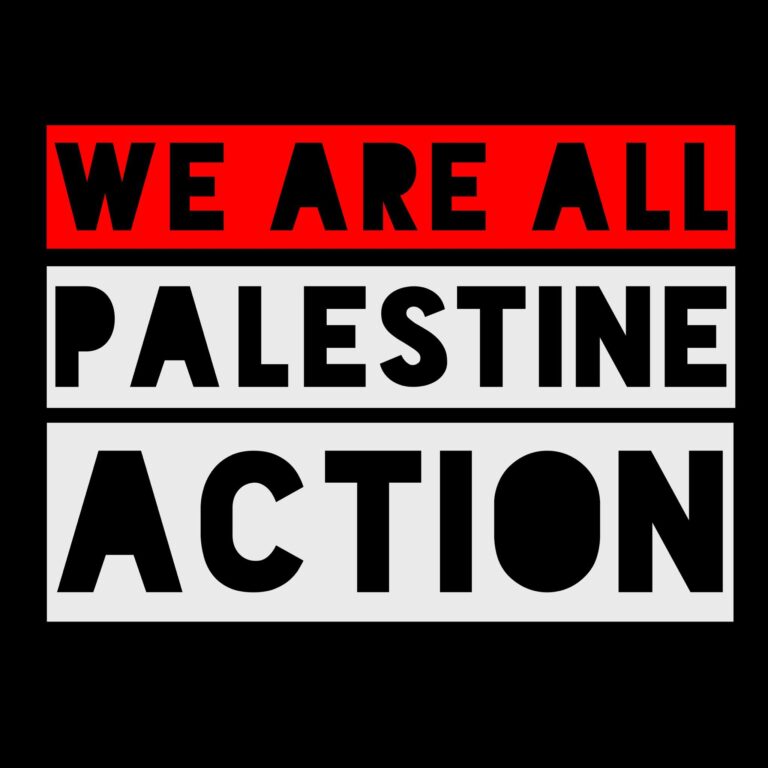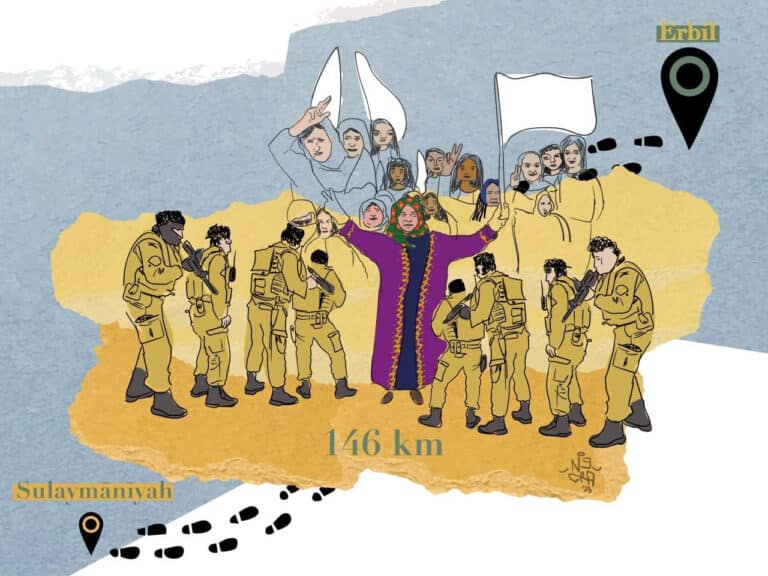 “Church leaders in West Papua feel as if they are surrounded by violence and cannot escape,” said Reverend Dr. Benn Giay in a letter asking international people of faith to accompany the church in some way. In response, three members of CPT participated in an 11-person Australasia(1) delegation to West Papua in January 2015.
“Church leaders in West Papua feel as if they are surrounded by violence and cannot escape,” said Reverend Dr. Benn Giay in a letter asking international people of faith to accompany the church in some way. In response, three members of CPT participated in an 11-person Australasia(1) delegation to West Papua in January 2015.
West Papua, located on the western rim of the Pacific, is one half of the island of New Guinea and lies close to the northern-most land mass of Australia. Indonesia has occupied West Papua since the Dutch left in 1962.
According to Rev Giay, Moderator of the Kingmi Church, Papuans now make up only 48% of the population in their own land as a result of Indonesia’s transmigration program.(2) He fears that, in 25 years, the Papuan people and culture could be lost forever.
Village elders, students, peace activists and others with whom the delegation met share Rev Giay’s fears. They have already lost much of their language and culture. They also suffer effects of systematic economic marginalization. For example, they reported a high incidence of HIV coupled with poor access to health care, especially in the remote highlands.
The Indonesian military, militia groups and police have killed an estimated 500,000 Papuans since 1969. In a recent incident, Indonesian police killed four Papuan boys and injured 22 others in the remote highland region of Paniai. Calls by Rev. Giay, whose parish falls in the area, for a transparent investigation have been ignored by Indonesian authorities.
Oppression is evident and fear is palpable in West Papua. When the delegation traveled to Biak Island to hear stories from survivors of the 1998 Biak Massacre, Indonesian immigration agents and police officers interrupted the meeting. Indonesia bans foreign journalists from working in West Papua which impedes world scrutiny of massive human rights violations.
The Papuans we met with live their resistance with great courage, faith, hope and commitment to nonviolence. Their hope was buoyed by the delegation’s visit.
1. Australasia, a region of Oceania, comprises Australia, New Zealand, the island of New Guinea, and neighboring islands in the Pacific Ocean.
2. Policy of moving landless people from densely populated areas of Indonesia, like Java, to less populous areas of the country, like Papua, Sumatra, etc.



